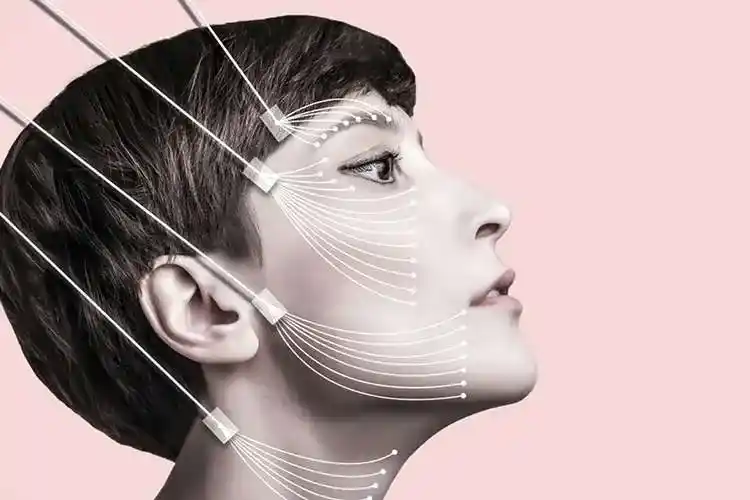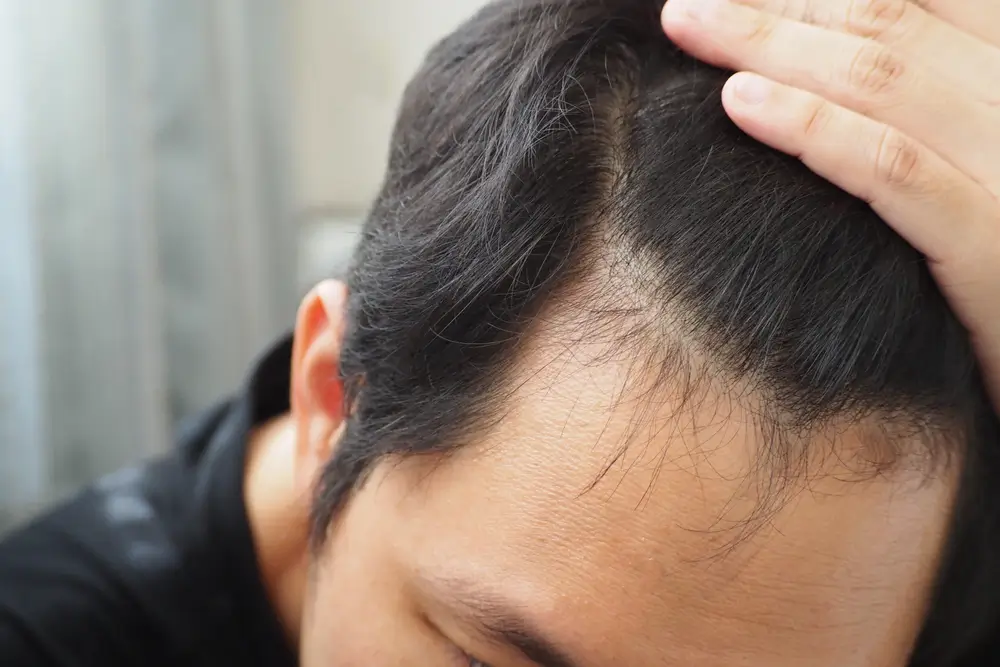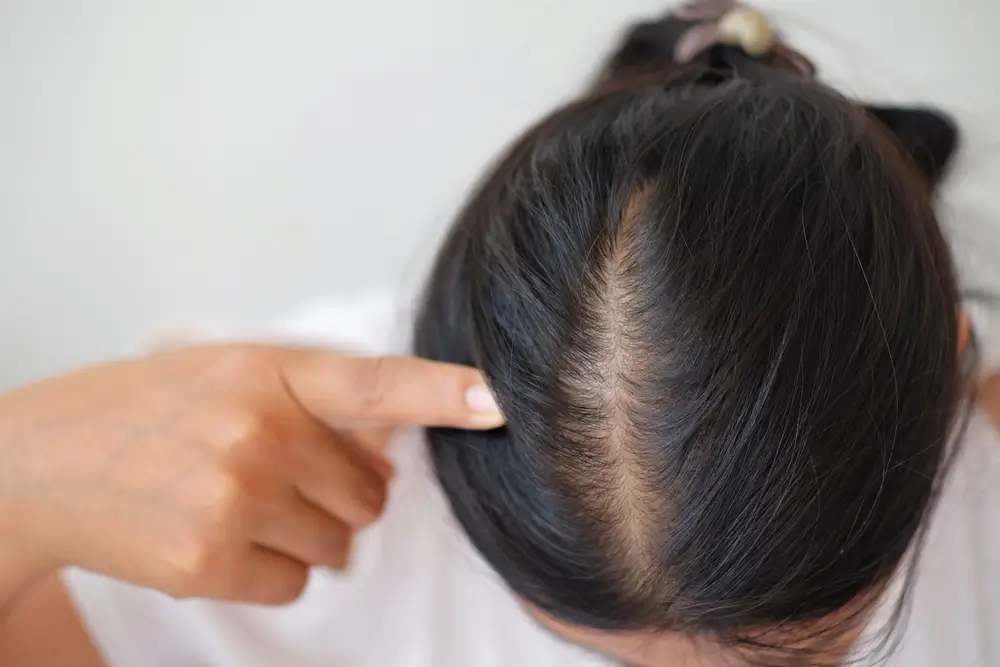- Call Today 8002558860
- Open Hour 09:00 AM to 09:30 PM
No more worries! - Thanks to the thread facelift and face threading technique. Deep creases, drooping skin, folds, and wrinkles can emerge as early as the age of 30 since, as we age, our skin's connective tissue thins, elastic fibres weaken, and collagen starts to break down. So try the face threading procedure right away to begin reaping its advantages!

A cosmetic technique called a thread lift provides a less intrusive option to facelift surgery.
By putting medical-grade thread material into your face and then pushing your skin up by tightening the thread, thread lifts claim to tighten your skin.
It seeks to lift and sculpt the form of your face or breasts and is also known as a barbed suture lift. With thread lifts, your skin is temporarily "stitched up" with medical-grade suture material to be pulled taut.
Although thread lifts have been in use since the 1990sTrusted Source, their popularity has recently grown due to advancements in the material used to make them.
The typical thread lift candidate is between 30 and 50. The mild effects of a thread lift may work best on someone who is in generally good health but is only now beginning to perceive the symptoms of ageing.
Consider a thread lift a less risky alternative for those unable to undergo a surgical facelift due to medical issues that make general anaesthesia risky.
Under the skin on your face, via a process known as tunnelling, polypropylene threads are placed as part of the face thread lift operation. The lines are pulled, used to lift the tissues of the face, and then the other end is firmly injected near the tissues above the hairline. As a result, your skin and soft tissues of the face are connected in an elevated posture by the scar tissues that grow around the attached threads.
Treatment for drooping cheeks and jawline with face threading is affordable, safe, and practical.
Here are a few advantages of a thread lift over a facelift.
A thread lift takes a much shorter recovery compared to a facelift. A thread lift requires substantially less anaesthesia and is less intrusive.
general anaesthesia given during a facelift. The individual then needs to make arrangements for transportation home from the hospital. After the procedure, they could also need help from a carer for around three days.
A thread lift frequently makes healing simpler for the patient. A dermatologist can typically execute a thread lift with local anaesthesia. It indicates that the patient does not need care following the treatment and may drive home.
After a full facelift, the patient will frequently need to take 1-2 weeks out of work to recover.
The patient will typically need to take 1-2 weeks off work to recover after a complete facelift.
Additionally, a person won't need to take any powerful painkillers after a thread lift. It implies that individuals can resume their regular activities more readily.
Thread lifts are non-invasive and have minimal risk. It indicates that there is almost no chance of scarring. People who get a surgical facelift are frequently concerned about scarring.
fewer potential negative effects or problems
The risk of problems is low with thread lifts because they are non-invasive.
general anaesthesia is not required for the surgery. In other words, a thread lift patient is not in danger of experiencing general anaesthetic-related side effects.
Following are examples of general anaesthesia adverse effects:
Below are some more, less frequent adverse effects of general anaesthesia:
Full facelifts are more expensive than thread lifts. This is due to the fact that they are simpler to conduct and do not call for general anaesthesia.


Thread lifts can cause complications, such as:
It depends on how severe your skin issue is and whether PRP is also required for the skin to heal more quickly and effectively. Depending on what is being treated, a single thread lifting session might cost anywhere between INR 15,000 and 25,000 in India.
Which areas can be treated?:
Cheeks and mid-face can lift with a thread lift, and Jowls and nasolabial folds can soften. It can also make a nicer arch and better balance for uneven eyebrows. A facial aesthetics expert surgeon can customise your surgery plan to meet your unique needs and advise on whether additional procedures should take couple.
What are the advantages?:
The key benefits would be that this operation may be carried out while the patient is under local anaesthesia and has an opportunity to provide input. In addition, it is less expensive than a full facelift and gives the patient a more rested and youthful appearance. There is also little social downtime and minimal scars. Additionally, if a facelift is required in the future, having had a thread lift in the past is not a contraindication.
Although the cosmetic outcomes are less striking and last less time than a facelift surgery, they would outlast non-invasive procedures and last much longer than anti-ageing skin products.
When are the results visible?: The benefits are instantly apparent and continue to improve over the following 3 to 4 weeks. Their lifespan ranged from three to five years.